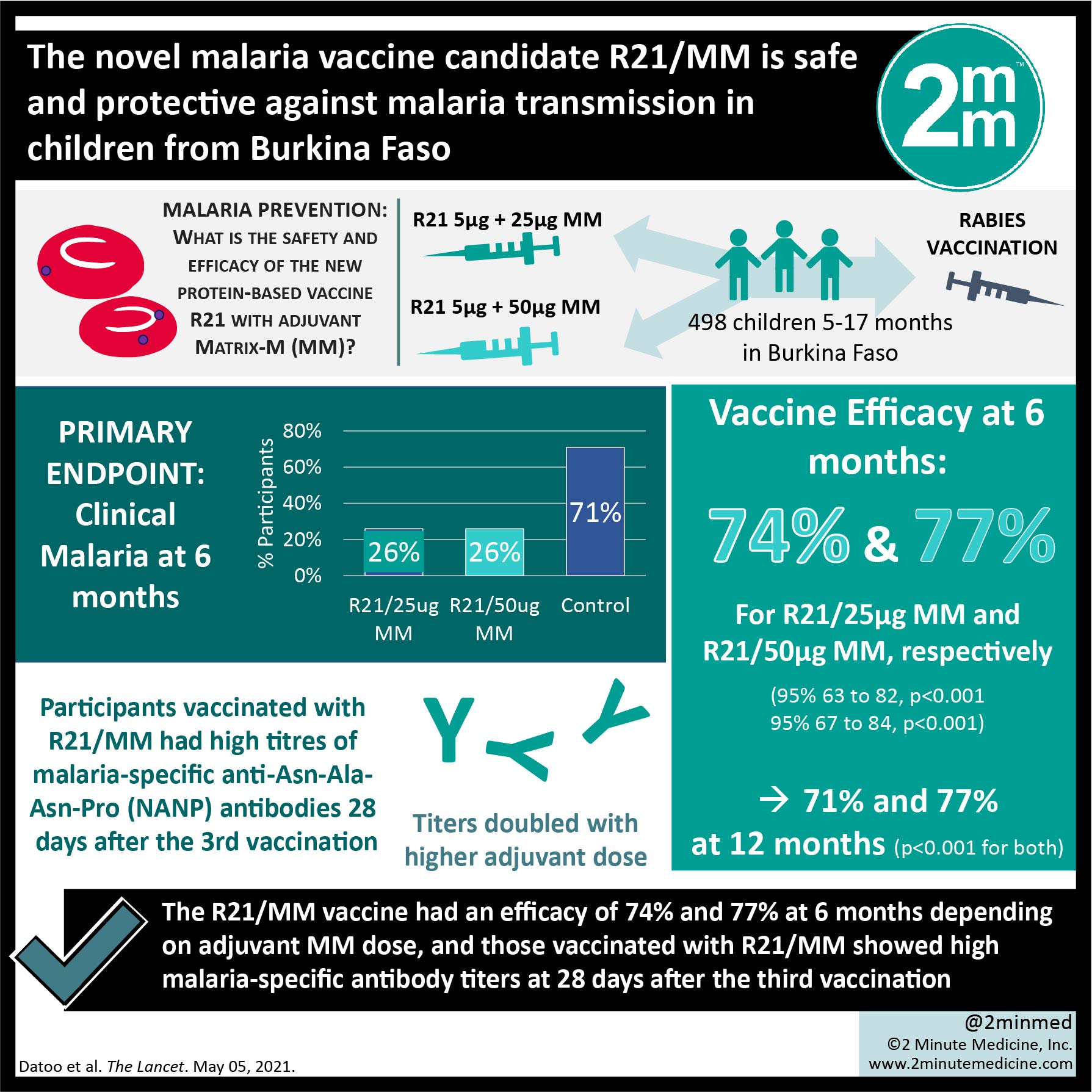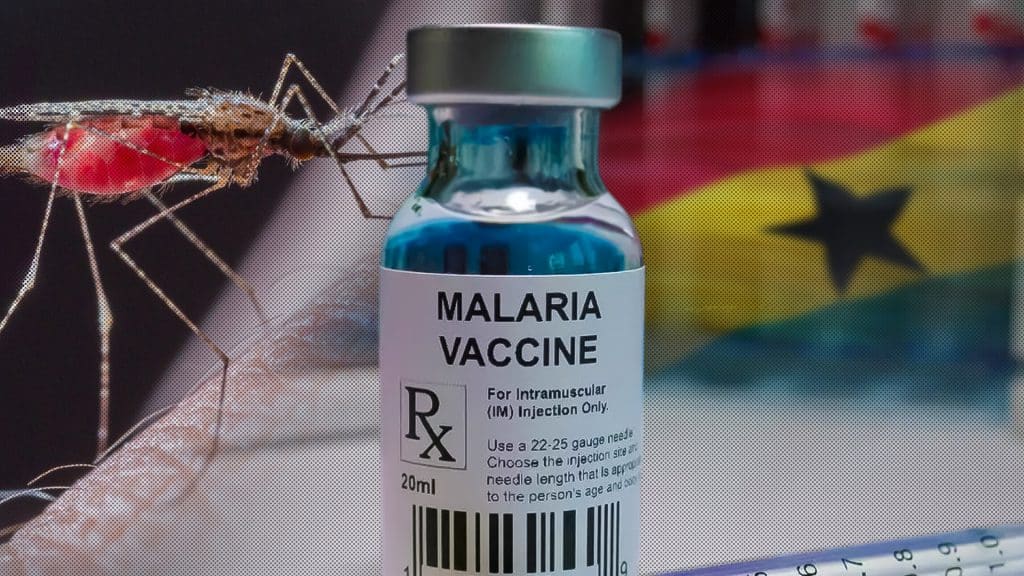Ghana has made history by becoming the first country to approve a highly effective malaria vaccine developed by scientists at the University of Oxford in the UK. The vaccine, called R21/Matrix-M, has exceeded the World Health Organization’s target of 75% efficacy, making it a significant milestone in the fight against malaria.
Buy Prime Test Series for all Banking, SSC, Insurance & other exams

Need of this development:
According to the World Health Organization (WHO), an estimated 619,000 people died from malaria in 2021, with the vast majority of the deaths being children in sub-Saharan Africa.
In Ghana, where malaria is endemic and perennial, an estimated 5.3 million cases and 12,500 deaths were recorded in 2021. The R21/Matrix-M vaccine, which has shown promising results in clinical trials, could be a game-changer in reducing the burden of malaria in Ghana and other sub-Saharan African countries.
Significance of this development:
However, the WHO has yet to recommend the R21 vaccine for widespread use, and until it does, there is a question mark over the amount of international funding available for it. The vaccine’s phase 3 trial is ongoing, but earlier trials have shown efficacy levels of 77%, a level that was maintained after a single booster dose given a year later.
In contrast, the RTS,S vaccine, which the WHO recommended for use in a landmark move in 2021, has more modest efficacy levels. The approval of the R21/Matrix-M vaccine in Ghana is an important step in the fight against malaria, but its impact will depend on its approval and implementation in other sub-Saharan African countries.
The Serum Institute of India, the biotechnology giant that is manufacturing the R21 vaccine, has the potential to manufacture more than 200 million doses annually. This offers hope that the vaccine could be made widely available in sub-Saharan Africa, where it is needed the most.
You may also read this:
Exploring the Uncharted Waters: International Seabed Authority and Ocean Mining
Find More International News Here




 Which Country is the Largest Producer of...
Which Country is the Largest Producer of...
 Which Country is the Largest Olives Prod...
Which Country is the Largest Olives Prod...
 President Droupadi Murmu Launches 4 Majo...
President Droupadi Murmu Launches 4 Majo...








